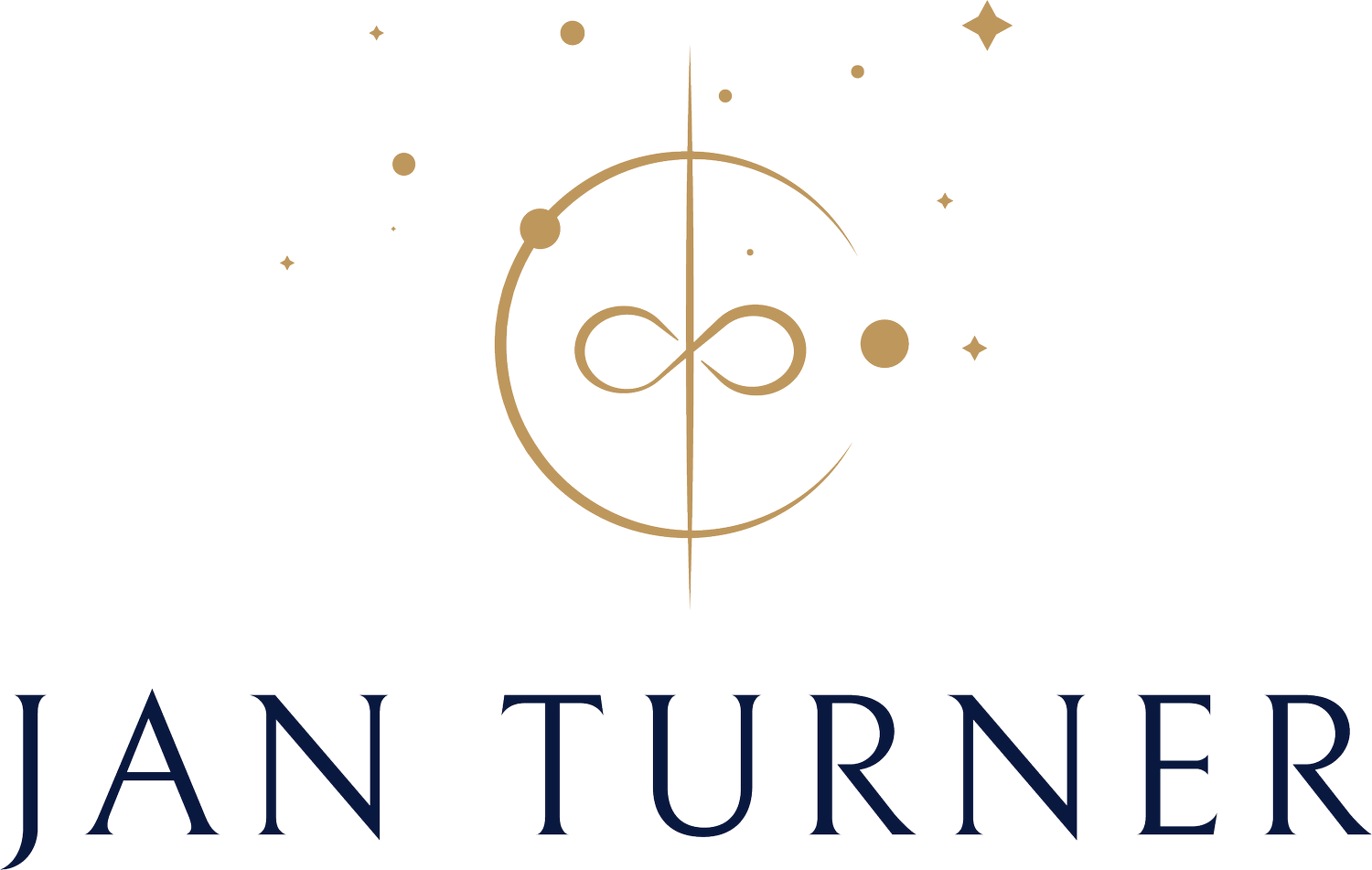The Quiet Power of Personal Inquiry
We’re often told that growth means learning more – taking a course, reading a book, adding a skill or certification. That kind of growth is important and can be particularly beneficial in professional settings. But there’s another kind of growth that doesn’t begin with new information. Instead, it starts with a question.
I’m not talking about a question for someone else to answer or one with a tidy solution. Rather, I’m referring to a question that turns your attention inward. The kind of question that invites you to reflect rather than react.
One of the most underused tools for leadership development is this kind of personal inquiry. It’s more common in spiritual or therapeutic spaces than in corporate or business settings, but it also belongs in our professional lives, especially for those of us who want to lead with clarity, intention and authenticity.
Self-awareness is often called one of the most important traits for effective leadership, and the research backs this up. Harvard Business Review notes that leaders with strong self-awareness are more likely to build high-performing teams and create psychological safety.¹ Similarly, the Center for Creative Leadership has found that self-awareness can be a more accurate predictor of leadership success than education or technical expertise.²
But self-awareness isn’t a trait you either have or don’t. At its richest, it’s a personal value and an ongoing practice. And personal inquiry is one of the simplest ways to begin that practice.
It can sound like asking yourself:
What just got stirred in me?
Where is this reaction coming from?
What might I be assuming that isn’t true?
These conscious internal pauses coupled with curiosity can shift your experience. They help create space between stimulus and response. And that space is often where more intentional leadership can emerge.
While most leadership development focuses on what we do (e.g., communicate more clearly, influence more effectively), inquiry shifts the focus to who we are while doing those things. It helps us notice what’s underneath our behavior. To illustrate, maybe we’re acting from fear or urgency instead of clarity. Maybe we’re trying to control something because we’re uncomfortable sitting with uncertainty. To be clear, these are not indulgent reflections. They are honest ones. And honesty is where meaningful change begins.
This kind of self-inquiry can happen in small moments. Some quick examples:
Before saying yes to something, ask yourself “Am I saying yes from inspiration or pressure?”
After a tough meeting, ask “What did I avoid feeling?”
When you find yourself procrastinating, try asking “What story am I telling myself about why I can’t start?”
These questions don’t need to lead to immediate answers. What matters is that they invite a pause and help you build deeper awareness over time.
Rather than looking to others for permission or clarity, inquiry helps you trust your inner signals. It reminds you that insight is already within reach.
Leaders who practice inquiry tend to be more grounded, adaptable and present. Not because they have every answer, but because they are open to being changed by the process of asking. In a world that often values certainty above all else, that kind of openness is a quiet but powerful form of resilience and enables ongoing self-development.
So here are a couple questions to sit with:
What might shift if you permitted yourself to not immediately solve but to gently explore?
What if leadership wasn’t about having it all figured out, but about being willing to stay curious?
That’s where deeper leadership begins.
Jan Turner is a financial services executive, certified Integral Coach® and an International Coaching Federation credentialed Associate Certified Coach who is passionate about leading and living from a place of wholeness.
